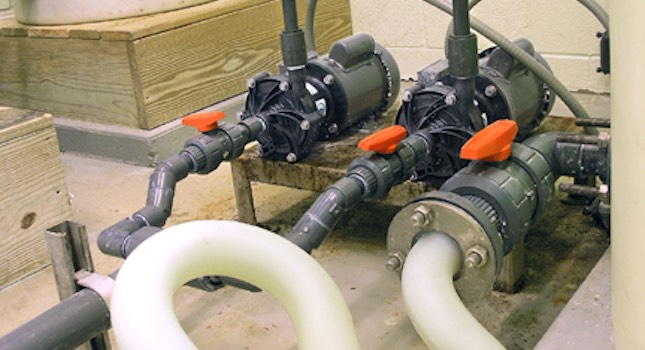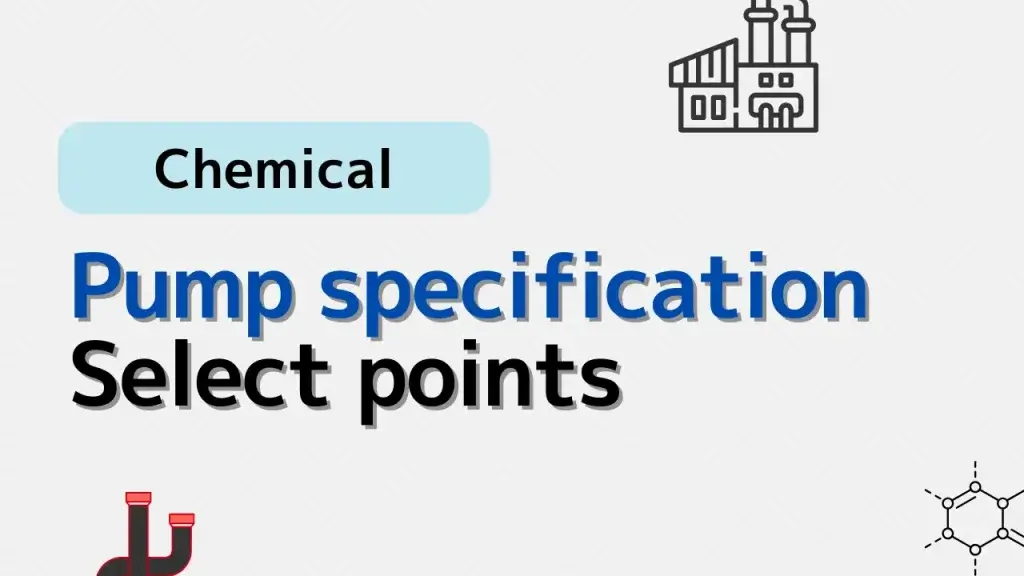Introducing articles from plantengineering.com.

In order to purchase a pump, you need to give the specifications to the manufacturer.
If you are not clear about what information to pass on to the pump manufacturer, in the worst case scenario, you will not be able to drive.
Pumps are the most problematic part of plant equipment.
There are surprisingly many cases where there is a problem with the selection of a pump.
Present information appropriately to avoid mistakes
Fluid name
Basically, it is better not to provide the fluid name to the manufacturer.
Fluids contain many impurities, and the manufacturer cannot guarantee if a problem occurs due to the presence or absence of impurities.
However, the composition of the fluid, including impurities, is not always uniform and changes depending on the raw material manufacturer.
If it is really necessary, we will disclose the composition and send a sample to the manufacturer for testing.
Sending and disposing of hazardous liquids is also an issue, so it is best to avoid disclosing the fluids as much as possible.
This means that the user is responsible for choosing the specifications.
You will probably use general expressions such as organic chemical liquid.
concentration
It is treated almost the same as the fluid name.
Temperature
Temperature is very important when selecting a pump.
From the user’s perspective, only corrosion resistance seems to be related to temperature.
However, it also relates to parts that are a little further away, such as motors and lubricants.
It is a good idea to keep the temperature within a certain range to accommodate changes in operating conditions or production items.
If the temperature is between 0°C and 100°C, it is easier to set it as 100°C.
Dencity
Density is essential to determine pump power.
It is also good to have a range like temperature.
If the specific gravity is less than 1, it is easier to say 1.
Viscosity
Viscosity is treated the same as specific gravity.
slurry
Slurry is important when selecting a pump.
However, it is difficult to disclose information as it is the same as the fluid name.
It is troublesome to go to the trouble of checking physical properties such as slurry concentration and particle size.
Moreover, it may change due to changes in operating conditions.
There are many failures due to slurry in plants, and it is a trial and error process.
Flammability
Flammability is important in chemical plants
However, since all non-utility uses are flammable, it is easier to uniformly call them flammable.
